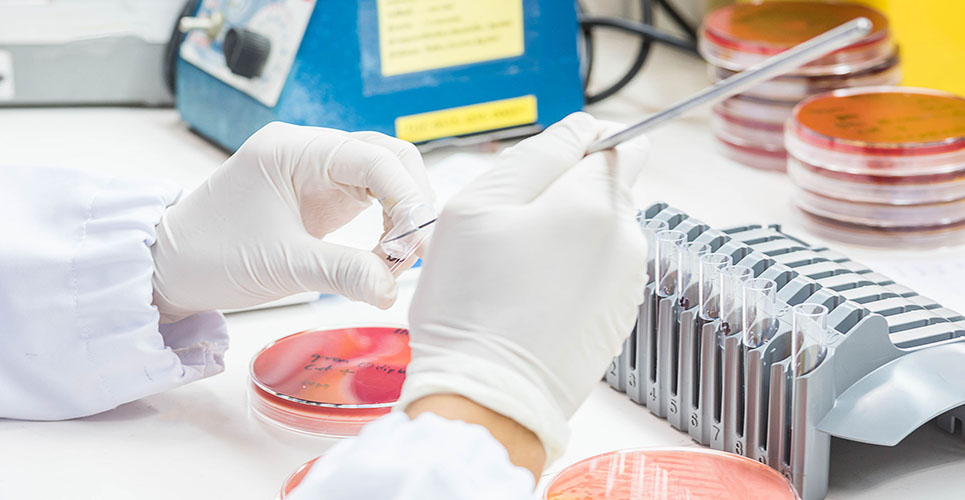teaser
Novartis has announced the construction of a new state-of-the-art biotechnology production site in Singapore with an investment valued at over US$ 500 million. The new facility will focus on drug substance manufacturing based on cell culture technology. It will be co-located with the pharmaceutical production site based in Tuas, Singapore. In the future, Singapore is expected to be a technological competence centre for both biotechnology and pharmaceutical manufacturing at Novartis.
“This investment further strengthens our strategy to establish key strategic sites based on technological competencies. Singapore will be strengthened through a new state-of-the-art facility for biotechnology which is a growing segment of our business”, said Joseph Jimenez, CEO of Novartis. “We have chosen Singapore as strategic supply point as it offers a wide range of advantages due to its strong local biomedical presence and knowledge, skilled labour as well as proximity to growth markets in Asia.”
The investment decision underlines the long-term strategy of Novartis to establish a worldwide manufacturing network of technology centres of excellence. The groundbreaking for the new production site is scheduled for the first quarter of 2013 while the new facility is expected to be fully operational by the end of 2016. The site will be designed to operate in a flexible manner to handle small and large scale volumes. It is planned to support both clinical and commercial production of potential new products that include monoclonal antibodies for use in helping patients with diseases in autoimmune, respiratory and oncology indications. The biologics pipeline currently accounts for 25% of the clinical pharmaceutical research pipeline with a trend for future growth.
Biologics are an important component of the current Novartis product portfolio including Lucentis® (ranibizumab), the only anti-VEGF therapy licensed for wet age-related macular degeneration (wet AMD), visual impairment due to diabetic macular oedema (DME), and visual impairment due to macular oedema secondary to retinal vein occlusion (RVO). Lucentis is developed in collaboration with Genentech/Roche, which holds the rights.
US$2 billion in 2012. Furthermore, Xolair® (omalizumab) is a first-in-class anti-IgE antibody approved in more than 90 countries for the treatment of persistent allergic asthma. This gained blockbuster status in 2011 when annual global sales reached US$1 billion (including US sales booked by Genentech/Roche). Novartis co-promotes Xolair with Genentech/Roche in the US.

